Description
Toyota Landcruiser A440F Custom Billet Torque Converter
Our billet torque converters are custom built in Australia to suit a specific engine and transmission. They are strengthened to provide superior performance and durability compared to the stock torque converter. Our custom billet torque converter copes with situations where the original torque converter would struggle or fail. For example, in most cases factory torque converters are not built to handle any power upgrades or to tow excessive weights for long distances. This may lead to overheating the transmission or contribute to poor fuel consumption. Our billet torque converters are all custom built to overcome these issues and many other inefficiencies. Moreover, our torque converter overcomes all known factory faults.
Key Features of our Toyota Landcruiser A440F Torque Converter Include:
- Custom built
- Double kiln bronzing to prevent vanes dislodging (on turbine)
- Brand new heavy duty lockup lining
- New kevlar lock-up plate
- Machine lock-up reaction surface
- Far more efficient shell
- New hardened flanged pump drive
- Hardened steel spline
- Custom inner race
- Larger Torrington bearings
- Extra veined impeller
- More efficient stator
- Heavy duty sprag assembly
- New seals
- Welded solid mounting ring
- Full pressure test
- Electronic balance
- Enamel coat
- Australian made
- Purpose built to suit each engine’s requirements
- Stall speeds have been fine tuned and well tested over time to be a perfect match to the engine
- As with all good development projects we have taken all customer feedback into consideration and it is this that allows us to build the perfect torque converter
Image Below: Double kiln bronzing to prevent vanes dislodging (on turbine)
Image Below: Brand new heavy duty lockup lining
Fitting Notes:
1. Machine the head of the crank bolts (drive plate bolts) by 4MM (160tho) from the hex part of the bolt heads so that they don’t make contact with the torque converter once installed.
2. Remove the drive plate and crank spacer from engine and machine the nose of the crank spacer down enough so it removes the entire external chamfer only. The nose of the spacer must not be allowed to bottom out at the base of the torque converters spigot once fitted, but must still be long enough to hold drive plate central.
3. Use a 6 sided socket (single hex) and locktite supplied to tighten crank bolts.
4. Temporarily place the torque converter on the drive plate/engine before fitting the transmission and check that nothing is holding the torque converter away from the drive plate. Making sure the contact point of the converter is making full contact with the drive plate. Reinstall the torque converter into transmission before fitting transmission.

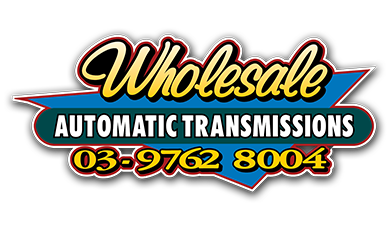
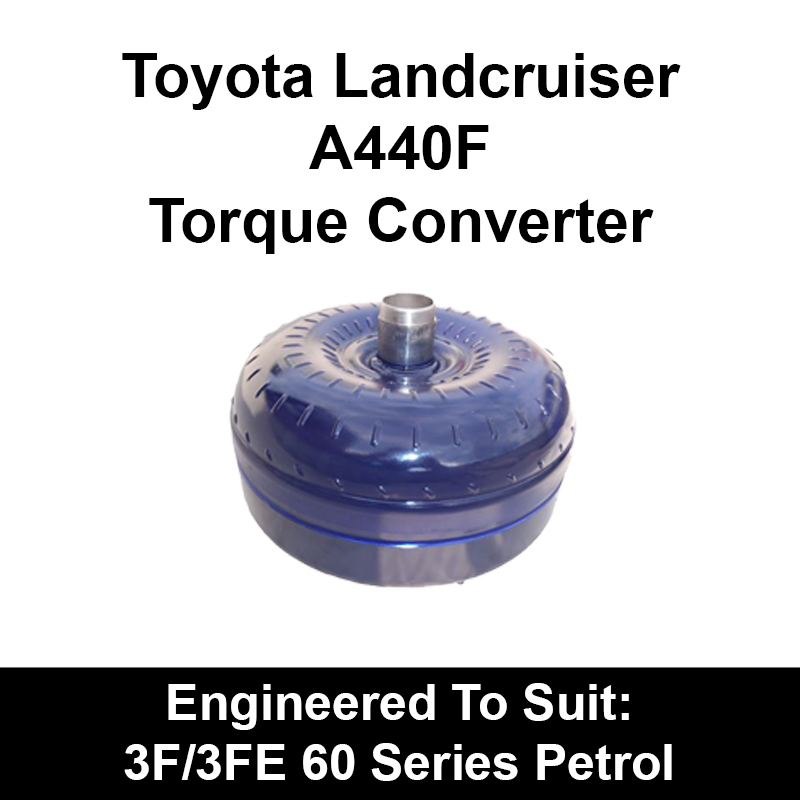
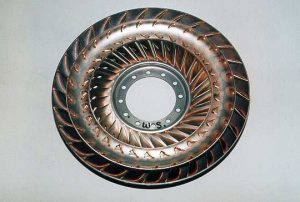
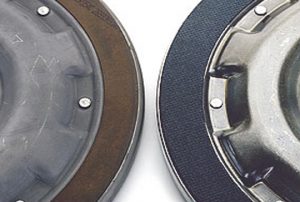
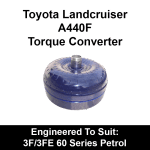
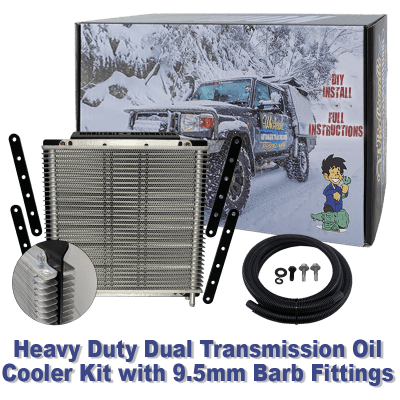
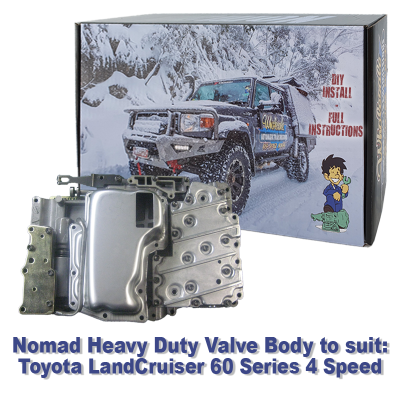
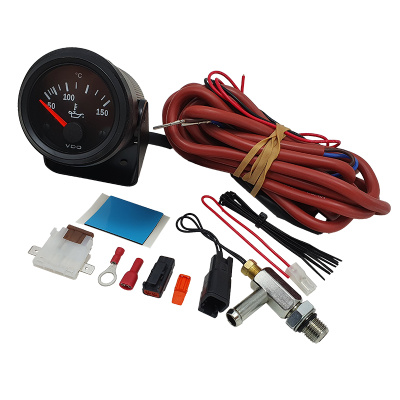
Reviews
There are no reviews yet